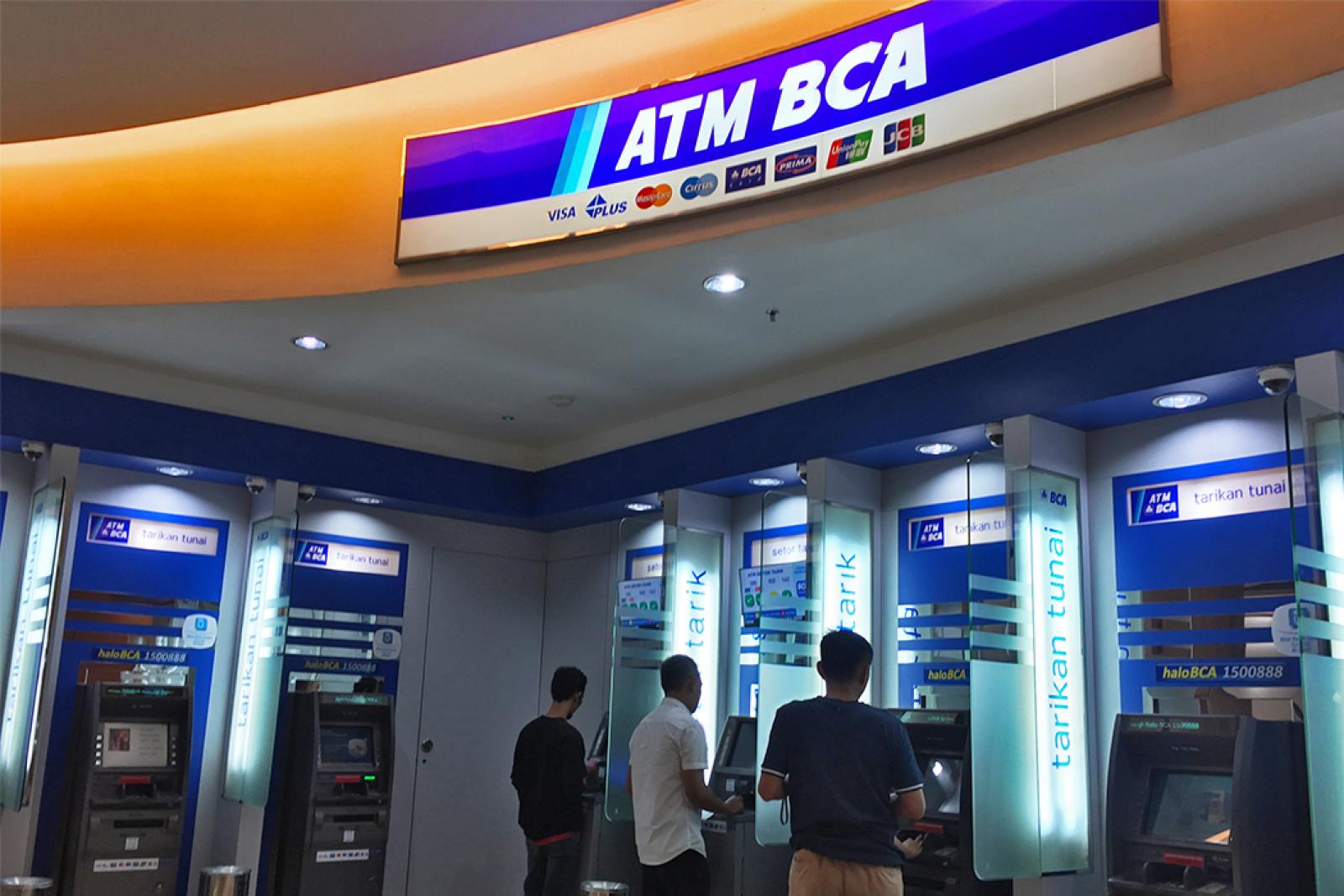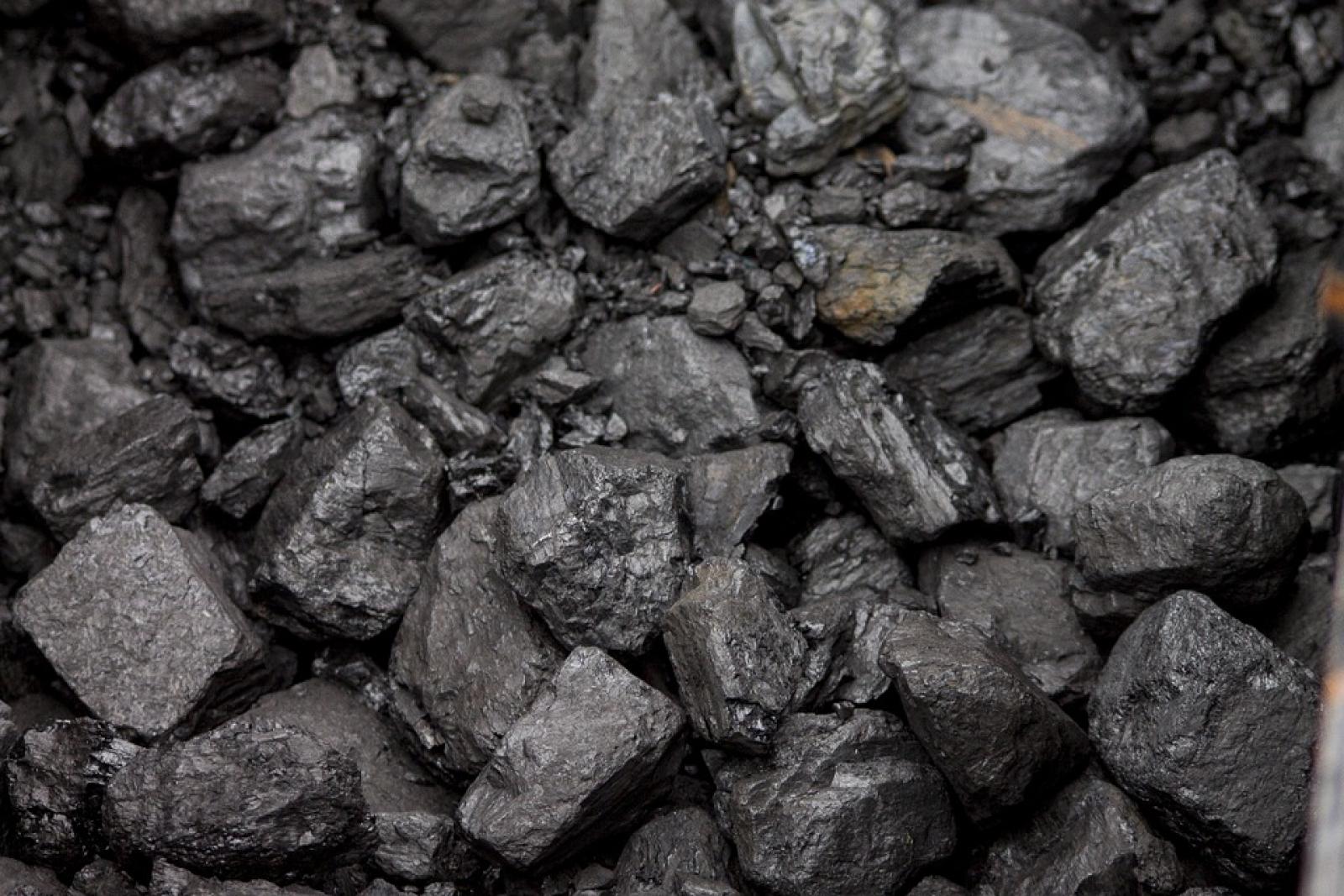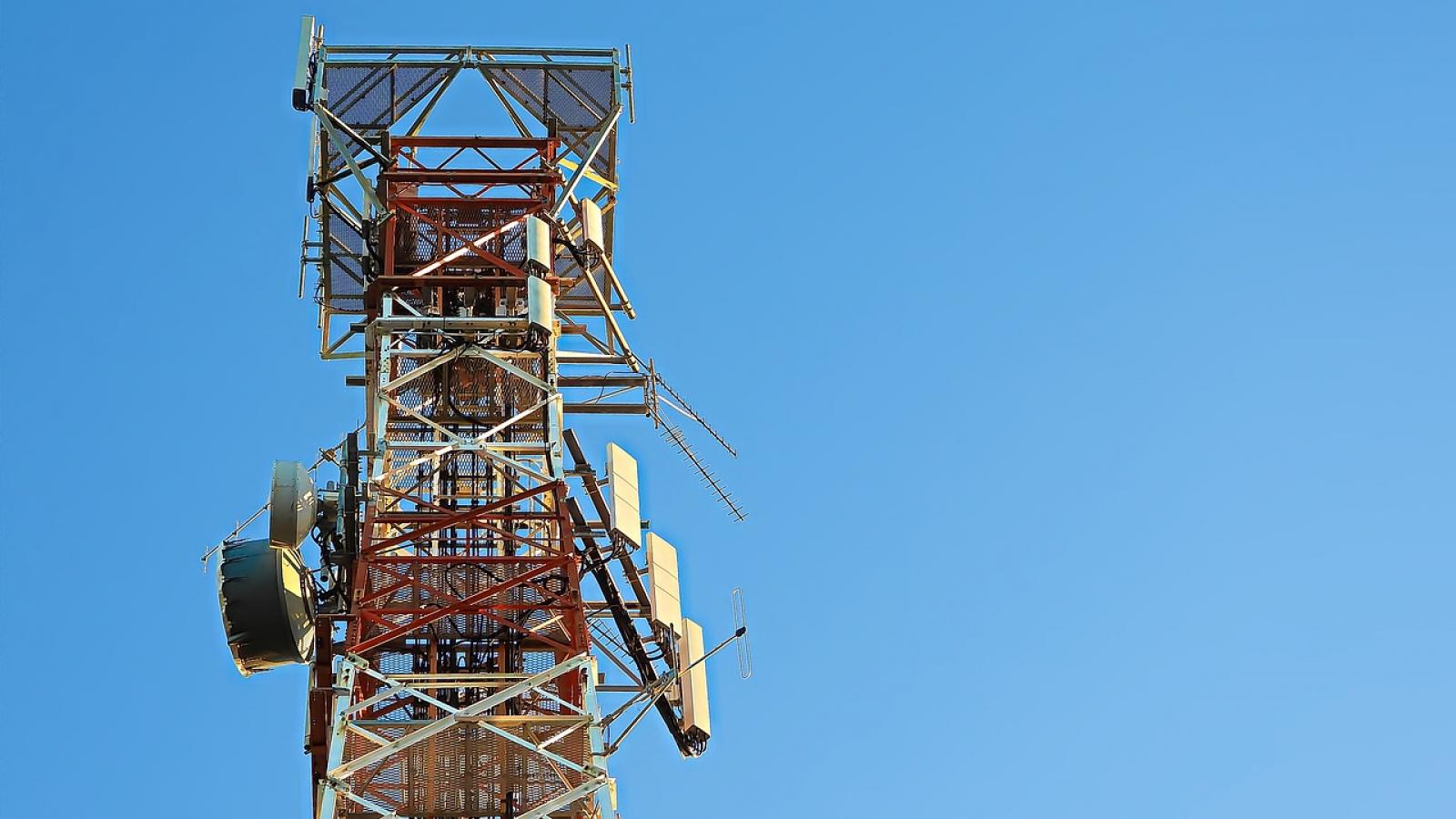Mikun is a major city in the Ust-Vymsky District. Sindor is a smaller settlement in the Knyazhpogostsky District. Uyba said that the two centers’ plots “have been allocated.”
And Uyba explained that the republic and a power firm named Energoresource-K would jointly carry out the project.
The regional chief said the two parties had already signed a “collaboration agreement.”
“The project will help us develop the IT industry and digital technologies. [Energoresource-K] is committed for the long term. It is ready to invest about 35 billion rubles [$386.2 million] in the project.”
Vladimir Uyba, Head of the Komi Republic
TASS added that “in the future,” Komi would begin on the construction of more “data processing centers” in “other cities and regions of the republic.”
Komi’s Mining Advantages
Komi is situated to the west of the Ural Mountains. While it is not known as a major location for crypto miners, it boasts abundant oil and gas reserves.
It is also home to several newly opened hydrocarbon fields and thermal power plants. Like many more popular Russian mining hotspots, Komi has long, cold winters and shorter summer periods.
The move comes just days after the newspaper Vedomosti reported that the majority state-owned gas giant Gazprom will create a crypto mining-focused subsidiary.
The new subsidiary is reportedly set to build a 5,000-rig crypto mining center in the historic city of Veliky Novgorod in the Novgorod Oblast.
Sources close to the firm say it will reach full capacity by 2028. They also say that Gazprom has set aside a $452.4 million budget for its crypto mining investment.
Putin Aiming for Mining Progress?
In August, Russian President Vladimir Putin signed a law that legalizes cryptocurrency mining. The law requires industrial players to register with a central body.
Russia said it swapped 103 prisoners captured by Ukraine during Kyiv’s incursion into the Kursk region https://t.co/F94HwL0TXN
— Bloomberg (@business) September 14, 2024
Private miners do not need to register if they stay within residential energy usage caps.
Putin urged his government “not to miss the moment” to launch regulation, infrastructure, and adequate “conditions for the circulation of digital assets.”
Earlier this month, a government minister spoke about Moscow’s plans to allow miners access to surplus electricity.
Traditionally, Russian miners have focused their activities in Siberia. They have built up a crypto mining hub in the Irkutsk Oblast.
However, Siberia-based power providers have complained that illegal miners are placing a strain on local grids. They have responded with far-reaching crackdowns.
As such, major industrial players now appear to be avoiding Irkutsk where possible, building new centers in other parts of the nation.





